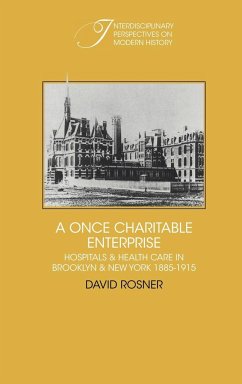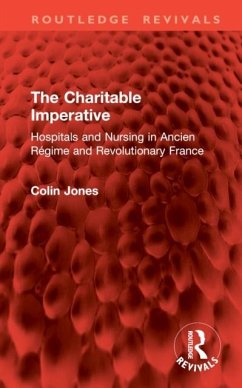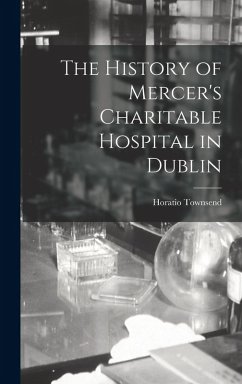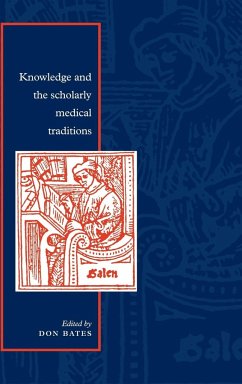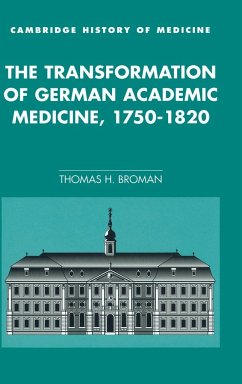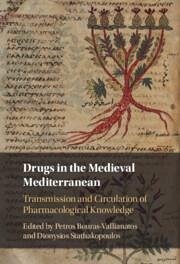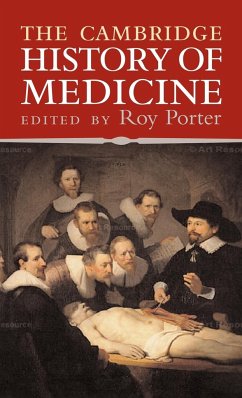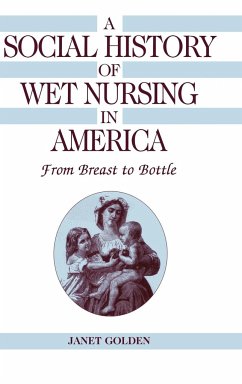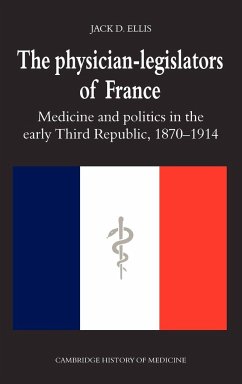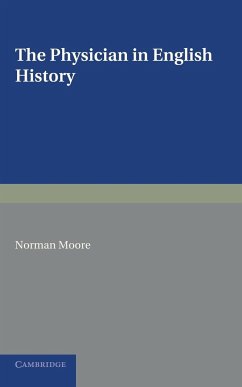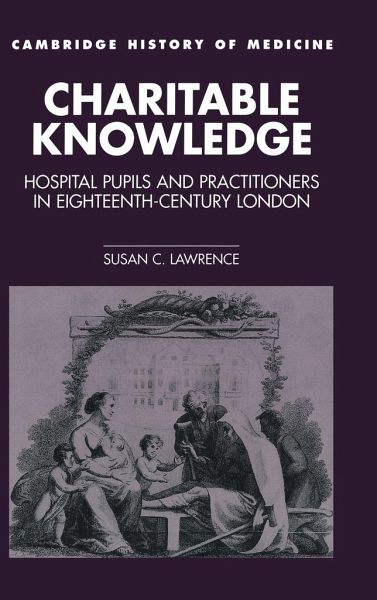
Charitable Knowledge

PAYBACK Punkte
58 °P sammeln!
Charitable Knowledge explores the interconnections between medical teaching, medical knowledge, and medical authority in eighteenth-century London. The metropolis lacked a university until the nineteenth century, so the seven major voluntary hospitals - St Bartholomew's, St Thomas's, Guy's, the Westminster, St George's, the Middlesex, and the London - were crucial sites for educating surgeons, surgeon-apothecaries, and visiting physicians. Lawrence explains how charity patients became teaching objects, and how hospitals became medical schools. She demonstrates that hospital practitioners gradu...
Charitable Knowledge explores the interconnections between medical teaching, medical knowledge, and medical authority in eighteenth-century London. The metropolis lacked a university until the nineteenth century, so the seven major voluntary hospitals - St Bartholomew's, St Thomas's, Guy's, the Westminster, St George's, the Middlesex, and the London - were crucial sites for educating surgeons, surgeon-apothecaries, and visiting physicians. Lawrence explains how charity patients became teaching objects, and how hospitals became medical schools. She demonstrates that hospital practitioners gradually gained authority within an emerging medical community, transforming the old tripartite structure into a loosely unified group of de facto general practitioners dominated by hospital men. As hospital physicians and surgeons became the new elite, they profoundly shaped what counted as 'good' knowledge among medical men, both in the construction of clinical observations and in the proper use of science.





